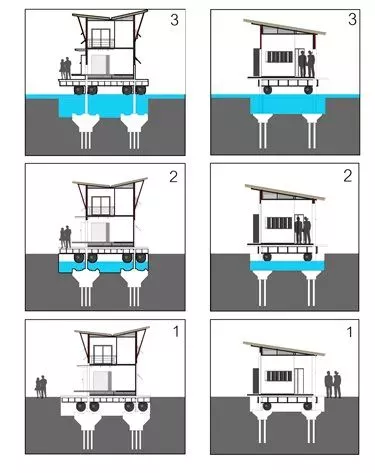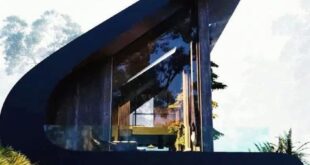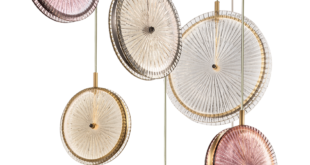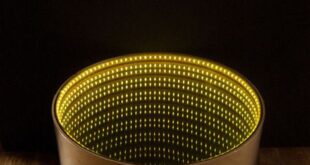
Floating house design is a unique and innovative approach to modern architecture that involves building residences on bodies of water rather than traditional land sites. These floating homes are typically constructed on pontoons or platforms that allow them to rise and fall with changing water levels, making them ideal for waterfront properties or areas prone to flooding. The design of floating houses often incorporates sustainable materials and techniques to minimize their environmental impact, such as solar panels, rainwater harvesting systems, and built-in filtration systems for wastewater. Additionally, these homes offer a tranquil and serene living experience, with beautiful views of the water and easy access to boating and water activities. While floating house design may present challenges in terms of regulations and engineering, the growing interest in alternative living solutions and the potential for increased sustainability make it an exciting and promising trend in architecture.
Floating house designs have been gaining popularity in recent years due to their innovative and unique features. These homes are built on water, allowing homeowners to enjoy stunning waterfront views and a sense of tranquility. The design of a floating house typically includes large windows and open floor plans to maximize natural light and create a seamless connection between the indoor and outdoor spaces.
One of the key advantages of a floating house design is its ability to adapt to changing water levels. This flexibility allows the home to remain stable and functional even during periods of heavy rain or flooding. Additionally, floating houses are often more environmentally friendly than traditional homes, as they have a smaller carbon footprint and can be designed to have minimal impact on the surrounding ecosystem.
The design of a floating house also offers unique opportunities for creative and sustainable architecture. Many floating homes are built using eco-friendly materials and technologies, such as solar panels and rainwater harvesting systems. These features not only reduce energy consumption and utility costs but also contribute to a healthier and more sustainable lifestyle for the homeowners. Overall, floating house design represents a modern and innovative approach to residential construction that combines functionality, style, and environmental consciousness.
 home decor trends
home decor trends



